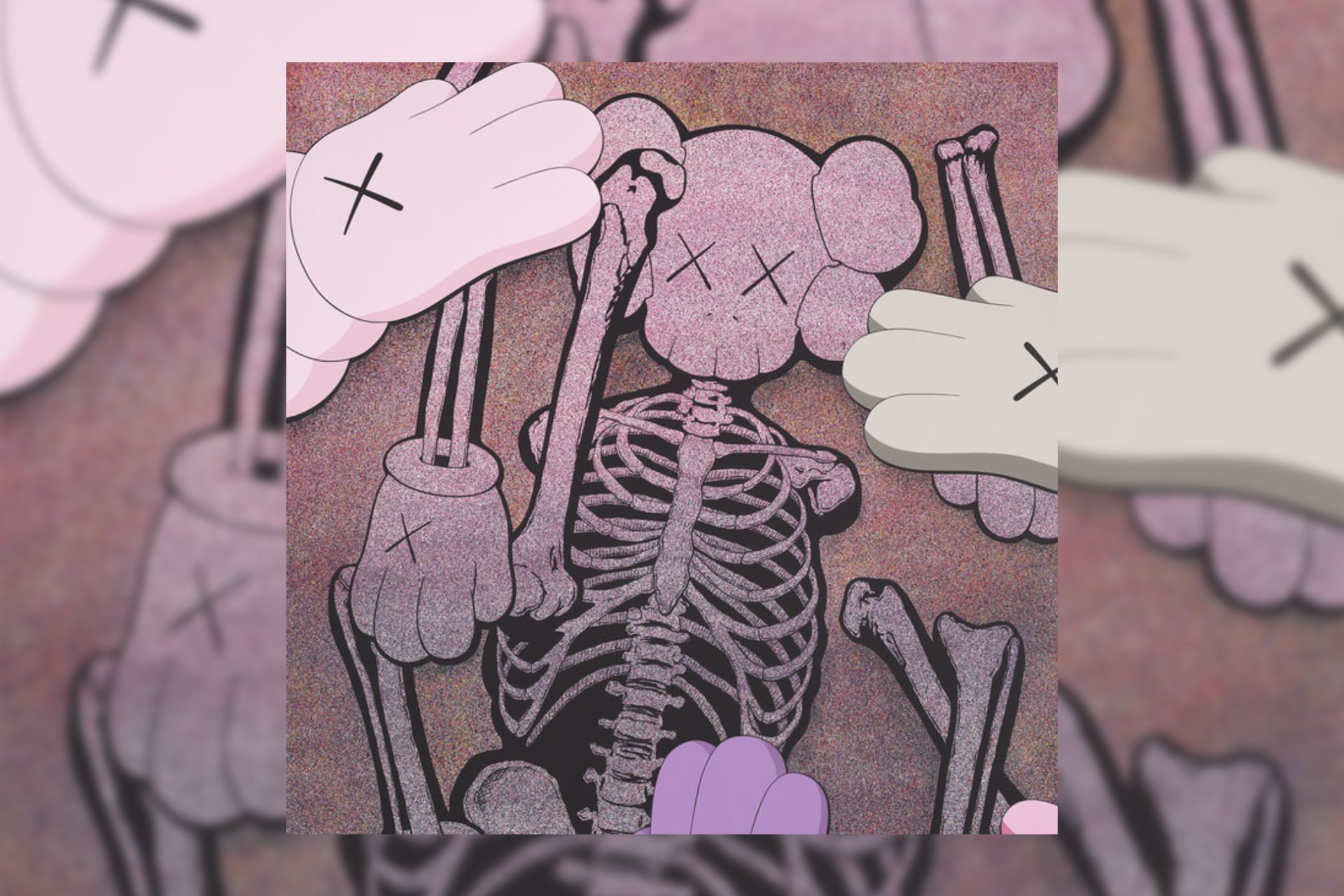Hip-hop, once a dominating genre of the 2010s, appears to have fizzled out in 2025 under the weight of country and pop.
Many rap superstars secluded themselves this year, and the few that dared to poke their head out supernovaed spectacularly — lest we forget Lil Wayne’s disastrous Tha Carter VI.
But the duo Clipse, made up of rappers Pusha T and Malice, reemerged, bringing shovels to hip-hop’s grave with their newest album.
Let God Sort Em Out is the group’s first work 15 years after their disbandment — a grandiose reaffirmation of their place as the top players in hip-hop.
“The Birds Don’t Sing” starts the album by trading ego for vulnerability. The brothers reflect on the deep scars left from their parents’ passing. Its title and chorus, referencing a Werner Herzog quote, suggest the two “screech in pain” in a chilling depiction of grief.
It’s disarming to hear the two become so personal, especially because their songs often center on their kingpin lifestyles, but that makes it all the more gripping. Pusha T writes about struggles with the lifestyle that made him famous, referencing an argument with his mother, in what became one of their final conversations.
[Kali Uchis finds spiritual solace on ‘Sincerely,’]
“And I realized in that instant / Our last conversation, you was against it,” he raps. “Told you I was going to Turks for Thanksgiving / I heard what I wanted to hear but didn’t listen.”
By “Chains & Whips,” it’s back to business. The brothers take shots at rapper Jim Jones, who previously suggested Pusha T does not deserve accolades. Paired with a cinematic beat, the two are downright villainous. Even Malice, who previously left Clipse to go on a spiritual journey, sounds out for blood.
But the brothers’ guilt over their lifestyle still stains the album. Let God Sort Em Out features the soundbite “This is culturally inappropriate” across multiple songs, its monotone delivery seemingly nagging Clipse. While an appreciated layer of depth to the album, as it calls into question the brothers’ current feelings about hip-hop culture, they seem disillusioned by its present state.
“So Be It” sells this disillusionment with a fiery diss toward Travis Scott. Pusha T mocks the rapper by alleging he broke down in tears over his lifestyle with ex-girlfriend Kylie Jenner. Petty as it may be, it proves to be a cutting and hilarious jab that plays into Pusha T’s cold persona.
“You cried in front of me, you died in front of me / Calabasas took your bitch and your pride in front of me,” Pusha T raps.
Producer Pharrell Williams complements the duo’s cutting lyricism with extravagant, fully-realized production, exceeding a high bar with some of the best beats of his career.
Songs such as “So Be It” and “Chains & Whips” give Pusha T and Malice the air of the final bosses of hip-hop in an opulent soundscape. In a welcome throwback, classic laid-back grooves of late 2000s dazzle on tracks like “M.T.B.T.T.F” and “E.B.I.T.D.A.”
The cold synthesizers and deafening bass of “Ace Trumpets” might be a sound foreign to Williams, but it’s flawless behind the brothers’ mind-blowing double vowel rhyme scheme. “Can’t compare, you just CC / Don’t you know these clears in my ears only VVs.”
[Teezo Touchdown, Tinashe bring high energy, eclectic sounds to Art Attack]
Every collaborator is in rare form on the album. Kendrick Lamar’s “Chains & Whips” verse is an engrossing reminder of his status as one of the greatest, complete with a venomous takedown of anyone who dares to stand in his way. On the lighter side, Tyler, the Creator’s “P.O.V.” verse is a juggling act between his goofy persona and some of the most precise lyricism of his career.
But it’s Nas who steals the show on “Let God Sort Em Out/Chandeliers.” The rapper puts more than 30 years of passion into one concise verse, the regal beat almost acting as a fanfare for his status as hip-hop royalty.
Let God Sort Em Out is Pusha T and Malice at their prime more than 20 years into their career. It’s a stunning victory lap for two amazing careers and a reminder that hip-hop is never truly gone.



